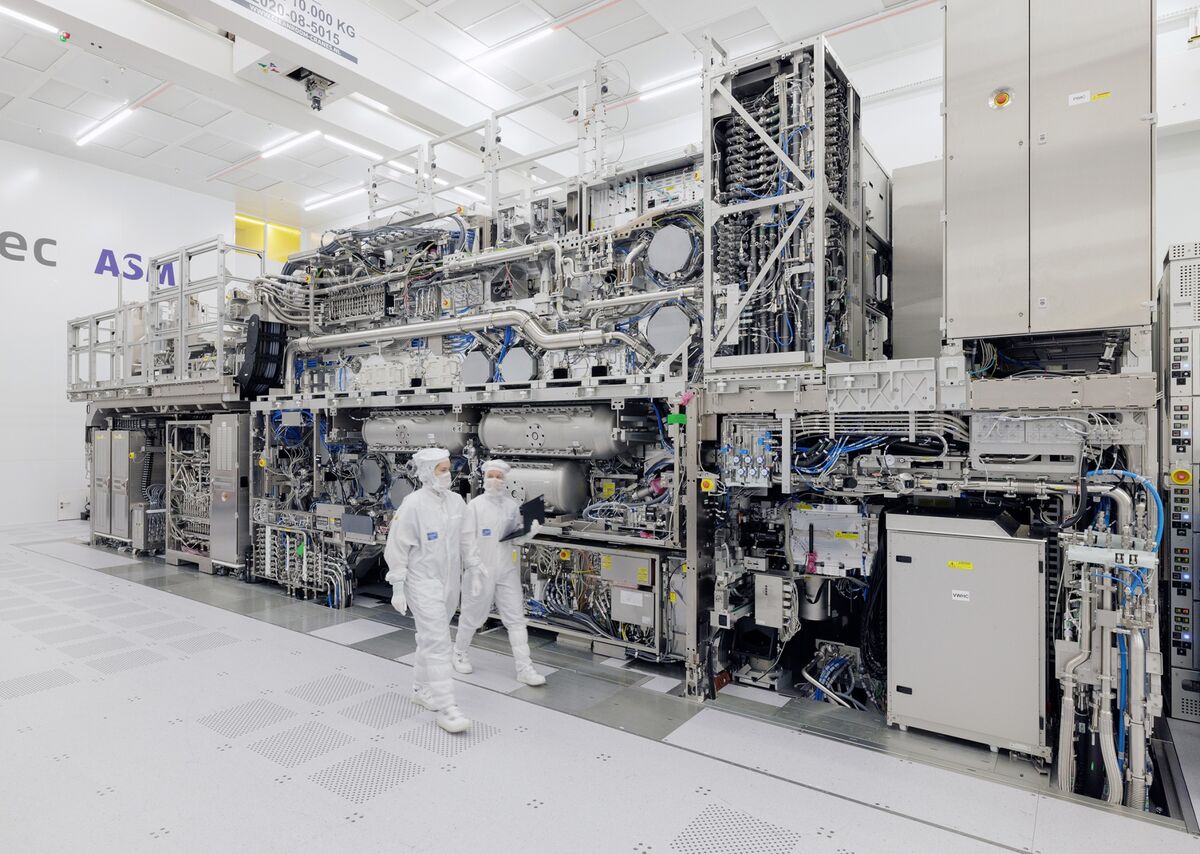In a surprising turn of events, the US finds itself in a precarious position regarding semiconductor technology, which is crucial for the development of artificial intelligence. Despite being at the forefront of semiconductor technology in the early stages, a Dutch firm now holds a monopoly on the process, while Asian manufacturers dominate production. This shift in power has raised concerns about national economic security for both the US and China as access to extreme ultraviolet lithography machines, essential for cutting-edge chip development, has become paramount.
The arrival of extreme ultraviolet lithography machines has ushered in a new era of processing power, enabling the creation of chips that can revolutionize artificial intelligence tools. AI platforms like OpenAI’s ChatGPT and Google’s Gemini rely on these advanced chips to fuel their vast and complex computations, which emulate human tasks at an accelerated pace. With AI playing an increasingly important role in various industries, having control over EUV technology has become a critical factor for maintaining competitiveness on a global scale.
As the US grapples with the consequences of losing ground in semiconductor technology, there is a growing realization of the significance of maintaining control over key components like extreme ultraviolet lithography machines. The current landscape, where a Dutch firm and Asian manufacturers dominate the industry, underscores the importance of strategic planning and investment to prevent further setbacks. Moving forward, securing access to essential technology will be a top priority for countries looking to maintain their position in the rapidly evolving field of artificial intelligence.
